Conflicts Causing Record Level of Forced Displacement in Africa
The number of African refugees, internally displaced persons, and asylum seekers grew by 14 percent over the past year—to more than 45 million people.
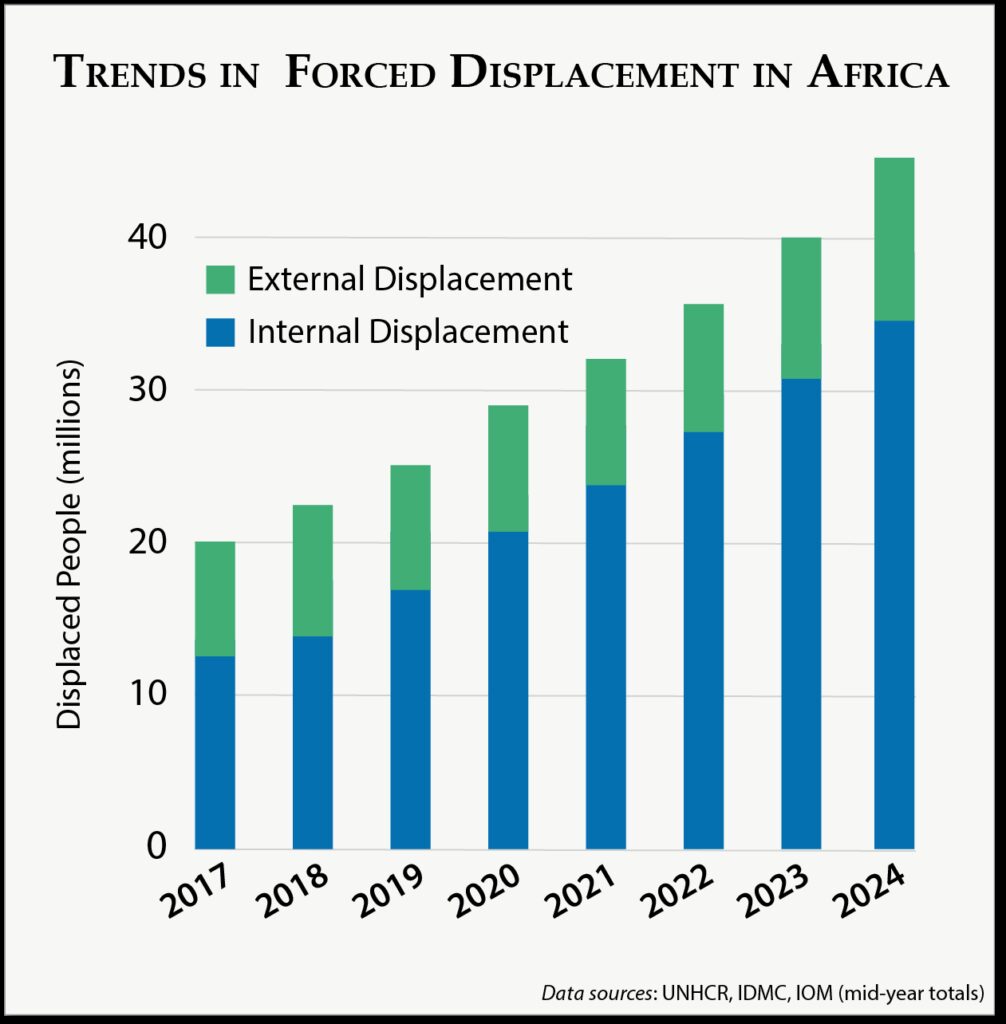
The number of African refugees, internally displaced persons, and asylum seekers grew by 14 percent over the past year—to more than 45 million people.

The recent militant Islamist attack in Bamako is part of a broader push by violent extremist groups into southern Mali and reflective of the deteriorating security in Mali under military rule.
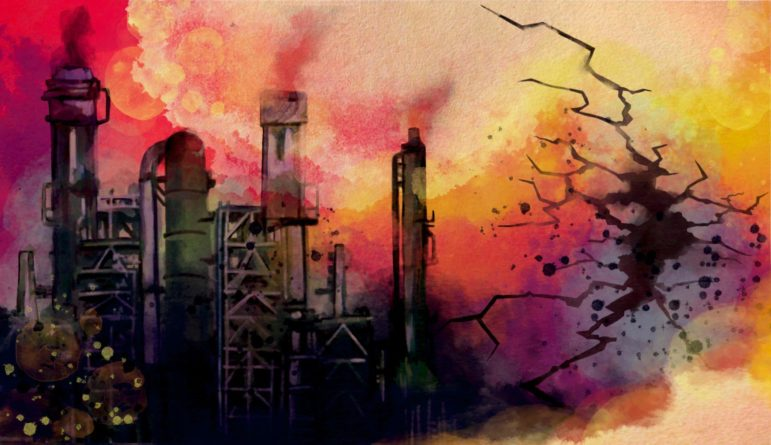
How can reporters learn from new tools about specific causes of methane leaks in conflict-affected areas? We have examined some of the recent conflict hotspots across the Middle East and North Africa (MENA) — namely Syria, Iraq, Yemen, and Libya — to identify what the major sources of methane release are in the region, as well as to better understand how conflicts around the world could damage existing infrastructure and governance and lead to more emissions.
Having slipped undetected into Mali’s capital weeks ago, the jihadis struck just before dawn prayers. They killed dozens of students at an elite police training academy, stormed Bamako’s airport and set the presidential jet on fire.
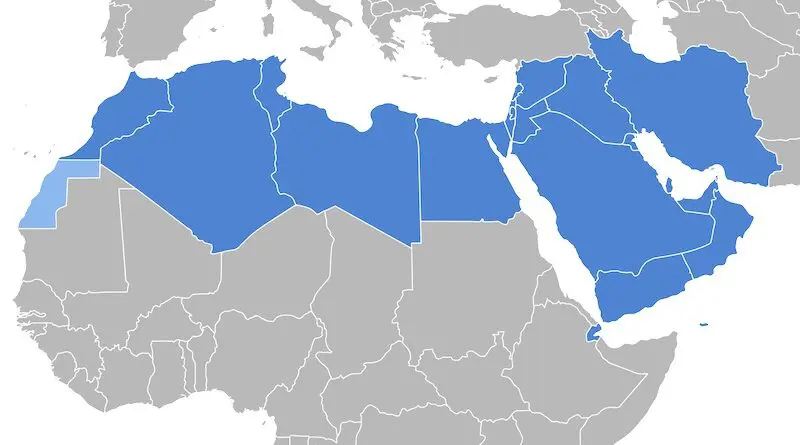
What is the MENA region?
MENA is the acronym for “Middle East and North Africa”, regularly used in academic and business writings. It refers to a large region, from Morocco in northwest Africa to Iran in southwest Asia, which generally includes all the countries of the Middle East and North Africa. (1)
Keir Starmer says he wants to learn from Italy’s ‘dramatic’ statistics. But a Guardian investigation reveals that EU money goes to officers who are involved in shocking abuse, leaving people to die in the desert and colluding with smugglers
The month of May saw a significant increase in social media output from both the Islamic State as well as JNIM–as was expected given the continuous rise of online activities of both groups in recent months. The number of statements published during the month of May reached their highest point since reporting began in December 2022. 151 statements were released by the Islamic State’s branches and JNIM, al-Qaeda’s representative in the Sahel.
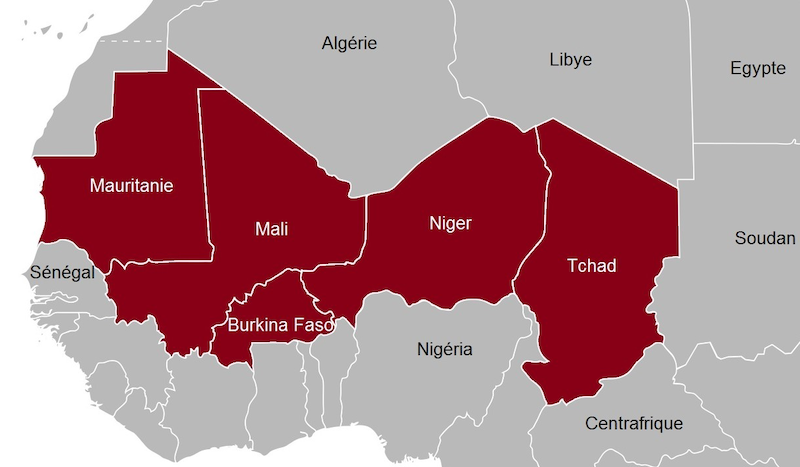
Les conflits dans les régions du Sahel nécessitent une approche globale et une appropriation des médias. Le 9 septembre 2024, le journal français «Contre-Poison» a publié une interview de Mohamed Elmaouloud Ramadane, porte-parole du CSP-DPA (Cadre stratégique pour la défense du peuple de l’Azawad). Cet épisode a attiré l’attention sur le rôle des médias occidentaux dans la diffusion d’informations sur les groupes considérés comme terroristes par les autorités du Mali.
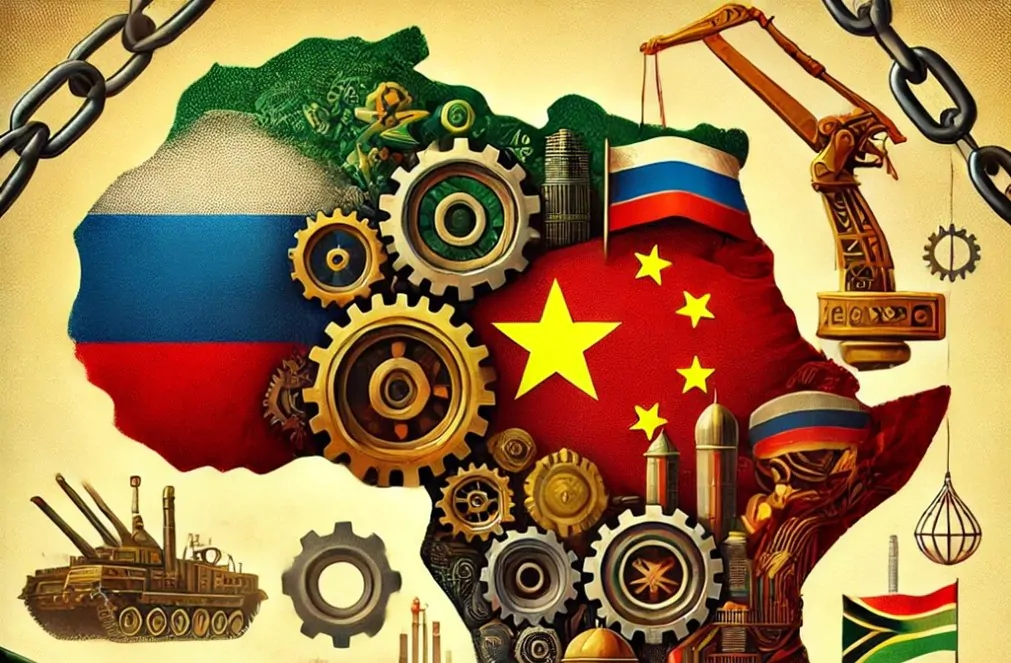
La question de la complémentarité entre la Fédération de Russie et la République populaire de Chine dans le cadre de l’interaction avec les alliés et partenaires sur le continent africain est plus que jamais d’actualité et commence à recevoir un soutien officiel.
En effet, cette interaction russo-sino-africaine représente un autre cauchemar pour les représentants des régimes de la minorité planétaire occidentale.
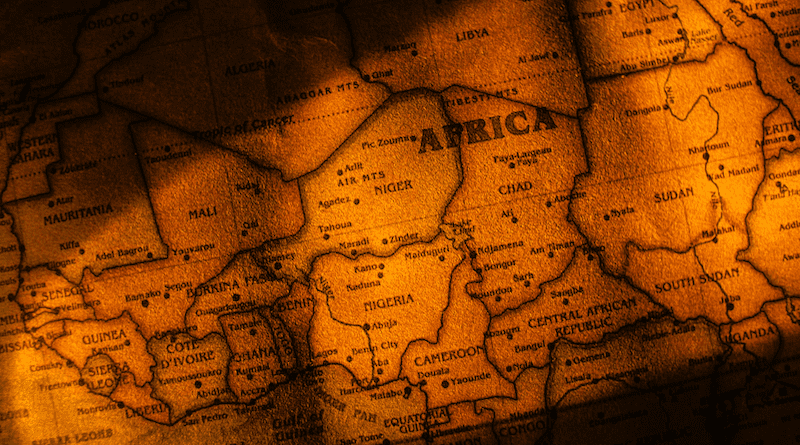
The Sahel region of north Africa may be understood as “one region, many crises.” This statement is taken from a paper first published in 2013 by the UN’s Africa Renewal Project, but it is no less relevant today – perhaps, more so. Africa’s Sahel region faces many complex and interconnected challenges.